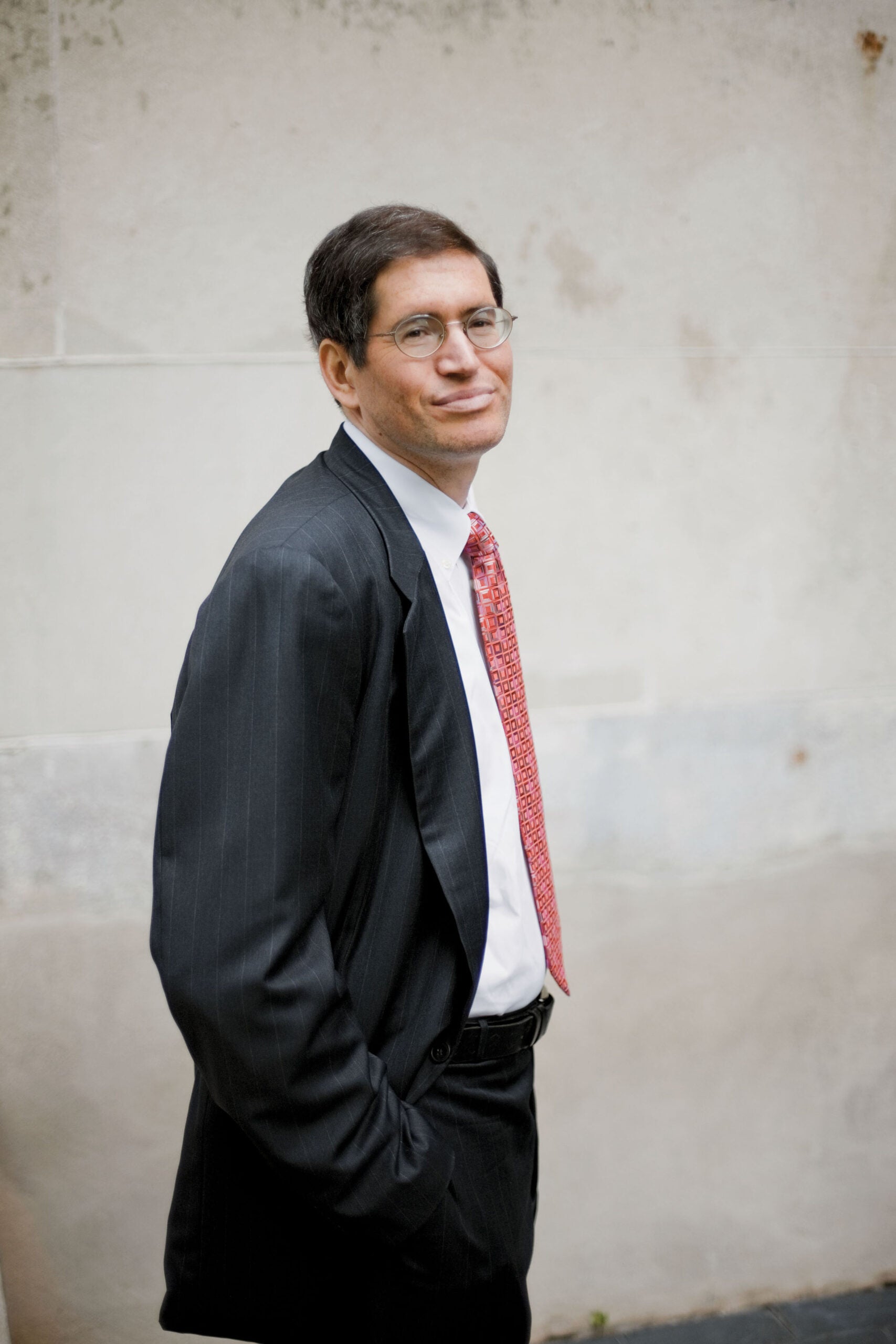Last November, California voters passed Proposition 8, a referendum overturning a ruling by their state Supreme Court legalizing same-sex marriage. Opponents promptly filed a legal challenge in the same court. On May 26, the court upheld Prop 8.
Michael Klarman, a civil rights historian, had done some thinking and writing about the drawbacks of using lawsuits to pursue marriage equality. But this spring, as Iowa’s Supreme Court legalized same-sex marriage and the Vermont and Maine legislatures did the same, he re-examined the idea that legal victories are outweighed by the backlashes they provoke.
I worry sometimes that during the Warren Court era, progressives grew too enamored of the idea of courts leading social reform movements. My concern is that court decisions that deviate too far from popular opinion can produce political backlashes that, at least in the short term, retard the causes they purport to advance, and make life difficult for progressive politicians. Let me offer a few examples from the book on which I am working.
In the short term, Brown v. Board of Education (1954) retarded racial progress in the South and radicalized Southern racial politics, advancing the careers of extreme segregationists such as Bull Connor and George Wallace. Miranda v. Arizona (1966), in the face of rapidly rising crime rates, facilitated Richard Nixon’s victory in the 1968 presidential election on a law-and-order platform. Furman v. Georgia (1972), by threatening to abolish the death penalty, produced a resurgence in support for capital punishment, as 35 states enacted new death penalty legislation within the next four years. Roe v. Wade (1973) generated a politically potent right-to-life movement that helped elect Ronald Reagan president in 1980 and has profoundly influenced national politics ever since.
In November 2003, the Massachusetts Supreme Judicial Court ruled in Goodridge v. Department of Public Health that the state constitution forbade excluding gay couples from marriage. I believe that, at least in the short term, that decision harmed the cause of same-sex marriage and the electoral prospects of progressive politicians. Before Goodridge, only three states had constitutional provisions barring same-sex marriage; today, 30 states do. Senate Majority Leader Tom Daschle almost certainly lost his seat in 2004—the only Senate majority leader in 50 years to do so—because of the gay marriage issue. He lost by roughly 2 percentage points to an evangelical Christian who made the issue a prominent one in his campaign; the same-sex marriage ban on the ballot in North Dakota won by roughly 50 percentage points.
It is even possible—though not certain—that Goodridge helped re-elect President George W. Bush. Without the electoral votes of Ohio, Bush would have lost. He won Ohio by about 2 percent; the same-sex marriage ban on the ballot won by roughly 24 percent. If enough religious conservatives were motivated to turn out because of the ballot initiative, or if enough swing voters shifted their allegiance to the Republican Party because of the gay marriage issue, the Massachusetts court may have helped re-elect the president. Bush’s two Supreme Court appointees—John Roberts [’79] and Sam Alito—do not seem likely candidates to support same-sex marriage any time soon.
Five years later, California voters, by 52 to 48 percent, overturned their state high court’s ruling that had protected same-sex marriage under the state constitution. Had I been voting in California, I would have opposed Proposition 8. I do not believe that its rejection would have created anything like the backlash that Goodridge incited five years ago. For one thing, most states that would be inclined to enact constitutional bans on same-sex marriage had already done so. In addition, the powerful demographic trend in favor of gay marriage has continued to exert its influence in the intervening five years. Whereas the American public opposed gay marriage by a margin of nearly 30 percentage points in 2004, according to Pew Center polling, that margin has now decreased to just 11 points. Finally, with the economy in greater turmoil than at any time since the Great Depression, most Americans seem to have more important things to worry about than how gay marriage in California would affect their lives.
Still, I viewed the efforts to overturn Proposition 8 in court as misguided. The legal grounds being asserted—for example, that the proposition was a “revision” rather than an “amendment” of the state constitution, and thus required two-thirds approval in both houses of the legislature before appearing on the ballot—would have struck most people as technical and unconvincing. We have plenty of experience with what happens when voters are told they can’t have the candidate they just elected or that the referendum they just enacted is somehow invalid: They tend to get ticked off and reaffirm their preferences at the polls, sometimes even more forcefully. I especially worried about the political backlash such a ruling might have caused in more conservative parts of the country.
That was my thinking in March. In May, after the legislative victories in New England and the Iowa Supreme Court’s decision, I still believe Goodridge caused a short-term backlash. But I now think that it very likely contributed, in the mid-term, to a dramatic acceleration in the move to gay marriage. Statistician Nate Silver has recently projected that within another three or four years, majorities of the population in half the states will support same-sex marriage. Steve Schmidt, John McCain’s senior campaign strategist in 2008, has said the Republican Party should embrace same-sex marriage, and even the Republican governor of Utah has endorsed civil unions. The pace of change in the last two months has been absolutely extraordinary; I’ve never seen anything like it in my lifetime. It’s hard to believe that we would be where we are today had it not been for the Massachusetts court decision in Goodridge. Still, without Goodridge, we might not have 30 states constitutionally banning same-sex marriage, and George W. Bush might not have been re-elected president in 2004. The effects of court decisions can be unpredictable and even paradoxical.
